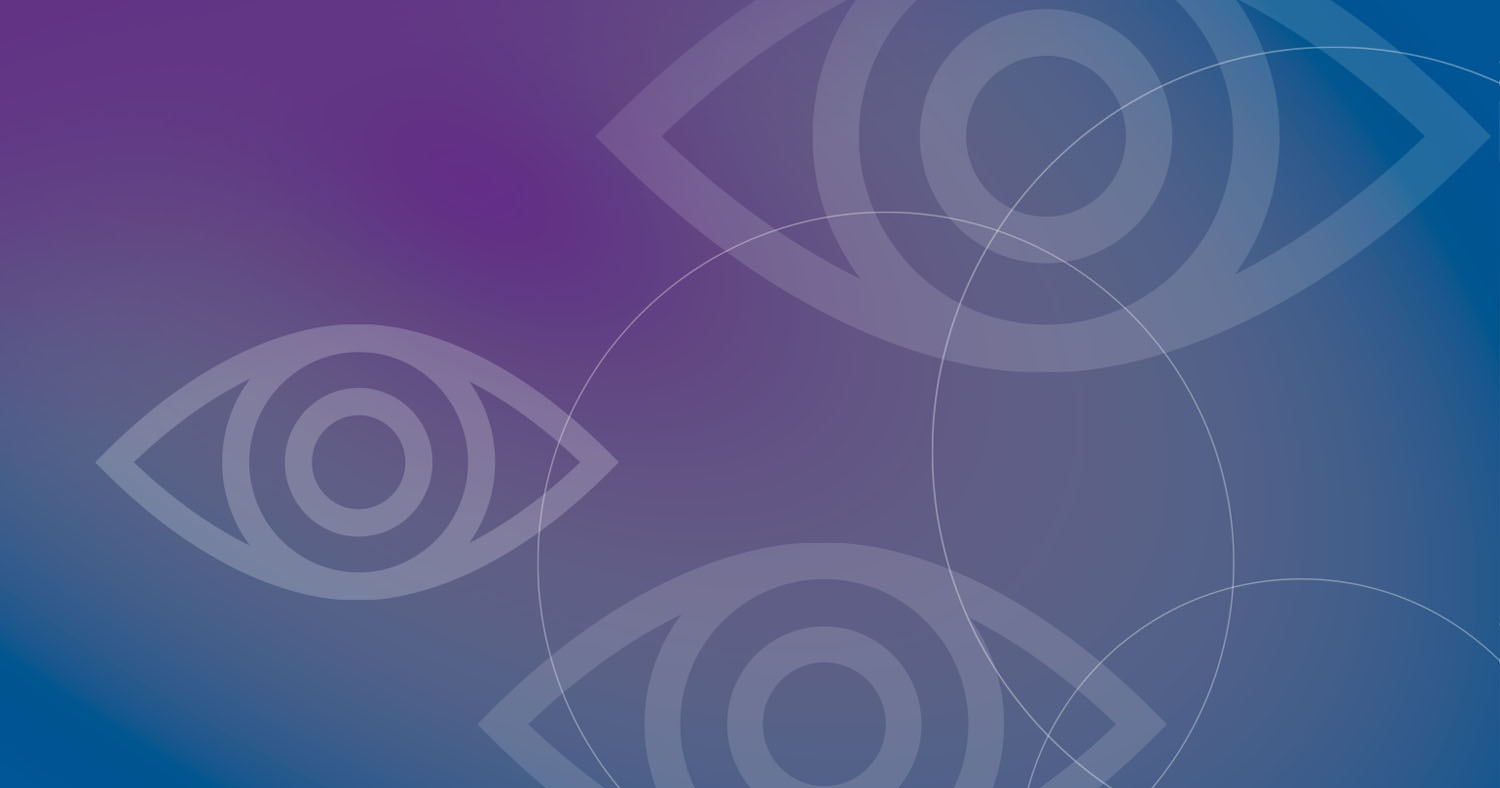For Parents
Unlike other senses, a child develops vision over the first few years of life. A vision disorder in a child means that the child may have been born with a vision deficit, or the child’s vision has not developed normally. Vision disorders are the most common disabling condition of childhood but they hold a lifetime of impact if they are ignored or left untreated.
Did You Know?
- 1 in 17 preschoolers develops a vision problem that needs treatment.
- 1 in 4 school-aged children need eyeglasses to see the blackboard or to read a book.
- Some vision conditions, if not treated, will lead to permanent adult vision loss. This means that early detection, diagnosis, follow-up, and treatment of a child’s vision condition is critical.
- Complaints and behaviors such as itchy eyes, headaches, frequent blinking, or squinting can be signs of a vision problem.
- Untreated vision problems may contribute to challenges with learning or enjoyment of reading, falling behind in school, having difficulty playing sports, or socializing.
- Children born prematurely, those with a sibling or parent who had a childhood vision disorder, or those who have neurodevelopmental delay or other special health care needs, are more likely to also have a vision problem.
When to Take Your Child to an Eye Doctor
If your child has not passed a vision screening, shows any signs of a vision problem, or reports broken or lost eyeglasses, please take your child to an eye doctor for a comprehensive eye exam. Make the appointment today.
If you need help finding an eye doctor, call your child’s pediatrician, school nurse or health manager. Annual visits to eye doctors (ophthalmologists and optometrists) and eyeglasses (including replacements if needed) are covered by Mass Health insurance. Private insurance plans vary in their eye exam and eyeglass benefits. If you need help understanding your child’s insurance coverage, call your health insurance company – the phone number is on the card. Free assistance programs are available if your child does not have any health insurance benefits that cover eye exams or glasses. (see Healthy Eyes Eyeglasses Program).
Take Action
Do not wait for your child to complain about their vision. Young children with vision problems usually will not complain that it is hard to see because they do not know what normal vision is. If you are concerned about your child’s vision, even with a pass on a vision screening at school or the pediatrician’s office, make an appointment for your child to have a comprehensive eye exam from an eye doctor experienced in treating young children.
Facebook Advocacy Group
The Children’s Vision MA Advocacy Group on Facebook is an internet-based organization whose mission is to identify areas of need for children’s vision services, act on advocacy opportunities to improve access to care, and share resources and information to support improved vision outcomes for children.
Membership is open to parents, grandparents, guardians, caretakers, and families of children who have been diagnosed with vision conditions. Others who are interested in the topic of children’s vision are welcome to join as well.
What to do if My Child Does Not Pass a Vision Screening?
If Your Child Does Not Pass Vision Screening (English)
If Your Child Does Not Pass Vision Screening (Spanish)
If Your Child Does Not Pass a Vision Screening (Haitian)
If Your Child Does Not Pass a Vision Screening (Portuguese)
If Your Child Does Not Pass a Vision Screening Somali Brochure
If Your Child Does Not Pass a Vision Screening Vietnamese Brochure
If Your Child Does Not Pass a Vision Screening (English and Spanish)

